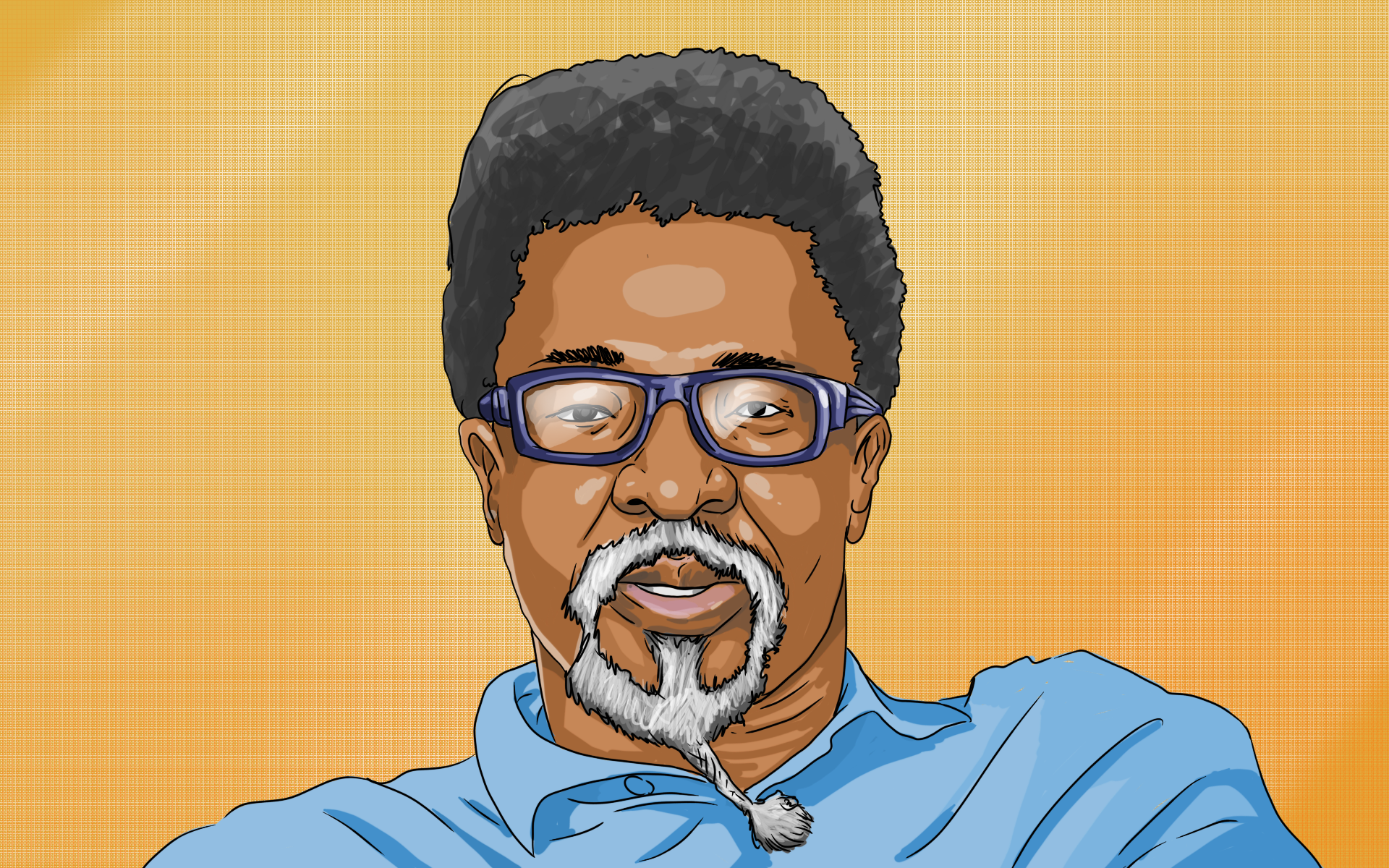A cost-benefit analysis of every policy, along with an environmental impact assessment audit, including where we can, the results of randomised controlled trials, must be non-negotiable parts of policy proposals going forward.
The suspension by the Nigeria Police Force of the issuance of new permits for vehicles with tinted glasses raises a slew of questions. The easiest of which is why every newly-minted Inspector-General of Police feels pressured to announce this suspension, together with putative restrictions on Police deployment of checkpoints along our inner city roads. Without answering this question, a ready response is to point to the country’s unsavoury security environment in justification of the suspension.
How does this suspension improve security conditions, if it does not suddenly make the glasses on all vehicles in the country transparent? Is there proof that the flurry of villainy in the country has been aided by the use of vehicles with blacked-out glasses? Do we have evidence that kidnappings, for example, have been made easier because victims were successfully concealed in these vehicles? Of course, these questions apply to the retail end of the kidnapping industry. At the wholesale end, where kidnappers continue to take in hundreds of school children for a king’s ransom, it would be preposterous to suggest vehicles with blacked-out glasses play any role at all.
Retail or wholesale, every kidnapping imposes costs on our society. But even when we argue the ban in relation to the retail end of the kidnapping industry, the concealment that these tinted glasses are supposed to provide cannot be from Police at checkpoints along our inner city roads, because theoretically these checkpoints do not exist. These contradictions in the more visible spectrum of the argument over security is why the law enforcement argument in general must move from the Police as a “force” to the Police as an “investigative unit”.
Alas, the economy is the one variable in the equation that this suspension completely ignores, if not violates. Surely, the consequences for consumers (who would now have to hold off their plans to buy a car because of this suspension) and car dealers (contending with smaller sales books and large inventories of unsold goods) of this decision can only be harmful.
Given our national fondness for splitting hairs, it is easy to misplace this argument. But it is as much about the Police’s signal intelligence capability, as it is about its human intelligence know-how. On both these counts, the reform objective is not so much ex-post facto Police work, i.e. the one that has newspapers gushing about how the Police “stormed” an apartment building to rescue kidnappers, or how its officers and men “razed” a den of ritualists. What we should be aiming to improve is, instead, the intelligence gathering and processing infrastructure that allows the Police to prevent a crime at its conception stage. This goal is as important as and complements the ability to use the forensic data that the latter process yields to support the successful prosecution of criminals thus apprehended. Indubitably, the economy will benefit from a functioning and efficient law and order environment and from a criminal justice system that works. Partly because investors then feel safe enough to come into the country. But largely because all shades of businessmen are thus ensured of proper contract enforcement procedures.
Also Read: Cities Like Lagos Need Global Designs, Adapted for Africa.
Alas, the economy is the one variable in the equation that this suspension completely ignores, if not violates. Surely, the consequences for consumers (who would now have to hold off their plans to buy a car because of this suspension) and car dealers (contending with smaller sales books and large inventories of unsold goods) of this decision can only be harmful. Especially when increasingly the default design of cars is to tint the rear passenger spaces, particularly to provide privacy for the contents of the boots of sports utility vehicles.
Since Nigeria may not dictate to car manufacturers a set of specifications for vehicles manufactured for export to us, including clear glasses ― we do not buy enough to wield that clout ― we should expect a contraction in both consumer spending, and in the balance sheets of car dealerships across the land. How much of consumer spending (the wholesale and retail trade component of our GDP gauge) is accounted for by car sales? I do not pretend to know. But I do know that consumer spending is an important component of our domestic economic output. Given how poorly the economy currently is and the dismal medium- to long-term outlooks currently on the table, we ought to be leery of anything that further constrains domestic terms of trade.
…if any such policy fails the test of not being in restraint of domestic trade, as this suspension of the issuance of licences for vehicles with tinted glasses does, there ought to be no stronger argument for jettisoning them post haste.
In other words, as part of the design of new policies, and long before they are announced, it helps to understand what purposes such policies are intended to serve ― i.e. which segments of society will benefit, and which will lose. Put differently, we ought no longer to conduct policy because it has been done before. Or because a panjandrum at one of our ministries, departments, or agencies feels very strongly about a project or programme. A cost-benefit analysis of every policy, along with an environmental impact assessment audit, including where we can, the results of randomised controlled trials, must be non-negotiable parts of policy proposals going forward.
And if any such policy fails the test of not being in restraint of domestic trade, as this suspension of the issuance of licences for vehicles with tinted glasses does, there ought to be no stronger argument for jettisoning them post haste.
Uddin Ifeanyi, journalist manqué and retired civil servant, can be reached @IfeanyiUddin.

